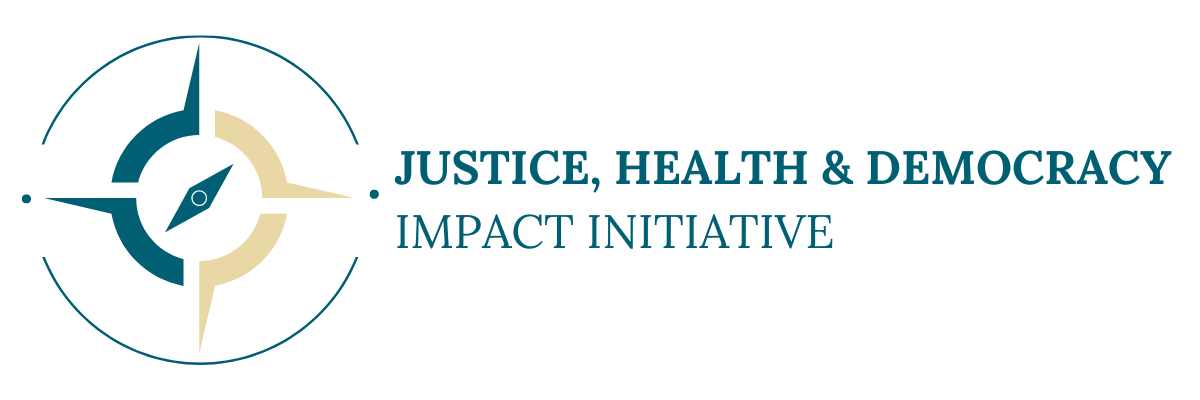Previous Projects
COVID-19 Rapid Response
Over the course of several months in early 2020, and again in 2021, Harvard’s Edmond & Lily Safra Center for Ethics, working with New America, Brown University School of Public Health, and a network of nationally recognized experts, mayors, and other local leaders, led an effort that converged multidisciplinary expert resources with practitioner need to craft effective responses to the Covid-19 pandemic.
The result was clear, accessible guidance to local leaders on how to target and suppress COVID-19 more effectively in their localities, including in schools to keep them safe for in-person learning.
- The model for the first time converged public health technical advice, metrics, and key performance indicators for the COVID-19 response, providing needed clarity to public health officials and the public.
- It produced a range of recommendations and policy supports that can be tailored to a locality’s characteristics and experience with the disease.
- These included two policy roadmaps on pandemic resilience and disease suppression, strategy briefings, a technical advisory manual, and data tools designed for practitioner use.
- Informed by local leaders’ needs and the experiences of their communities, the model’s recommendations were adopted at every level of government from the U.S. Conference for Mayors and the National Association of City and County Health Officials, to the National Governors’ Association, the House and Senate, and the Department of Health and Human Services and the Department of Education
Carceral Justice
In 2015, the Edmond & Lily Safra Center for Ethics at Harvard University began developing a research network aimed at reframing work on the deeply intertwined policy crises of mass incarceration and the war on drugs. This research network sought to help drive a transition from a criminalization framework to a public health framework for substance use disorder. The network partnered with the Police Assisted Addiction Recovery Initiative (PAARI) to analyze policy innovations that could equitably transition communities from over-policing to improved provision of health and social services.
Working with PAARI and the Crime and Justice Institute, JHD examined police-facilitated access to substance abuse treatment in cities with well-established programs. The lessons learned allowed JHD to develop a policy model focused on design principles and implementation with integrity, in contrast to models focused on blueprints, checklists, and implementation with fidelity. Implementation with integrity empowers local practitioners to determine who to bring a set of design principles to life in their context, and given the specificity of their context.
With the arrival of the COVID pandemic, JHD’s focus on substance use disorder was put on a temporary pause as we transitioned to addressing the impact of COVID on incarcerated people. Our research network cast a spotlight on the manner in which the long-ignored problems of mass incarceration, noncompliance of carceral facilities with epidemiological and public health demands, and the criminal legal system’s isolation from public health accountability rebounded upon our nation’s prisons and jails with lethal effect when the pandemic struck. The network laid out a series of proposals for combatting the crisis which were endorsed by influential public health and carceral justice organizations alike. The network also developed an innovative new framework of seven justice principles to support safety for all. Finally, the network disseminated COVID-19 FAQS in English and Spanish for prisoners and their loved ones. Today, JHD’s justice policy impact continues through our work on Alternative Emergency Response Programs.

